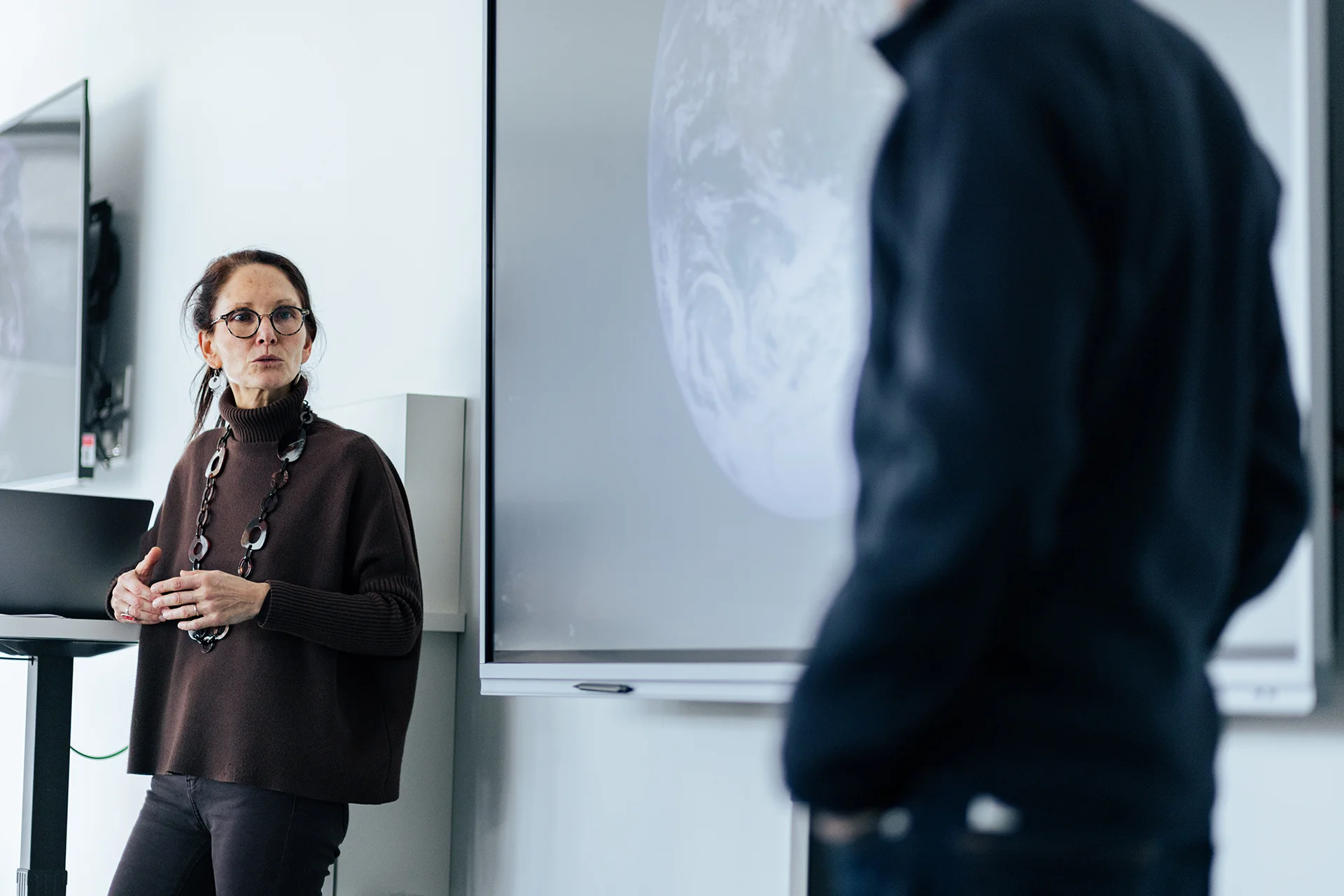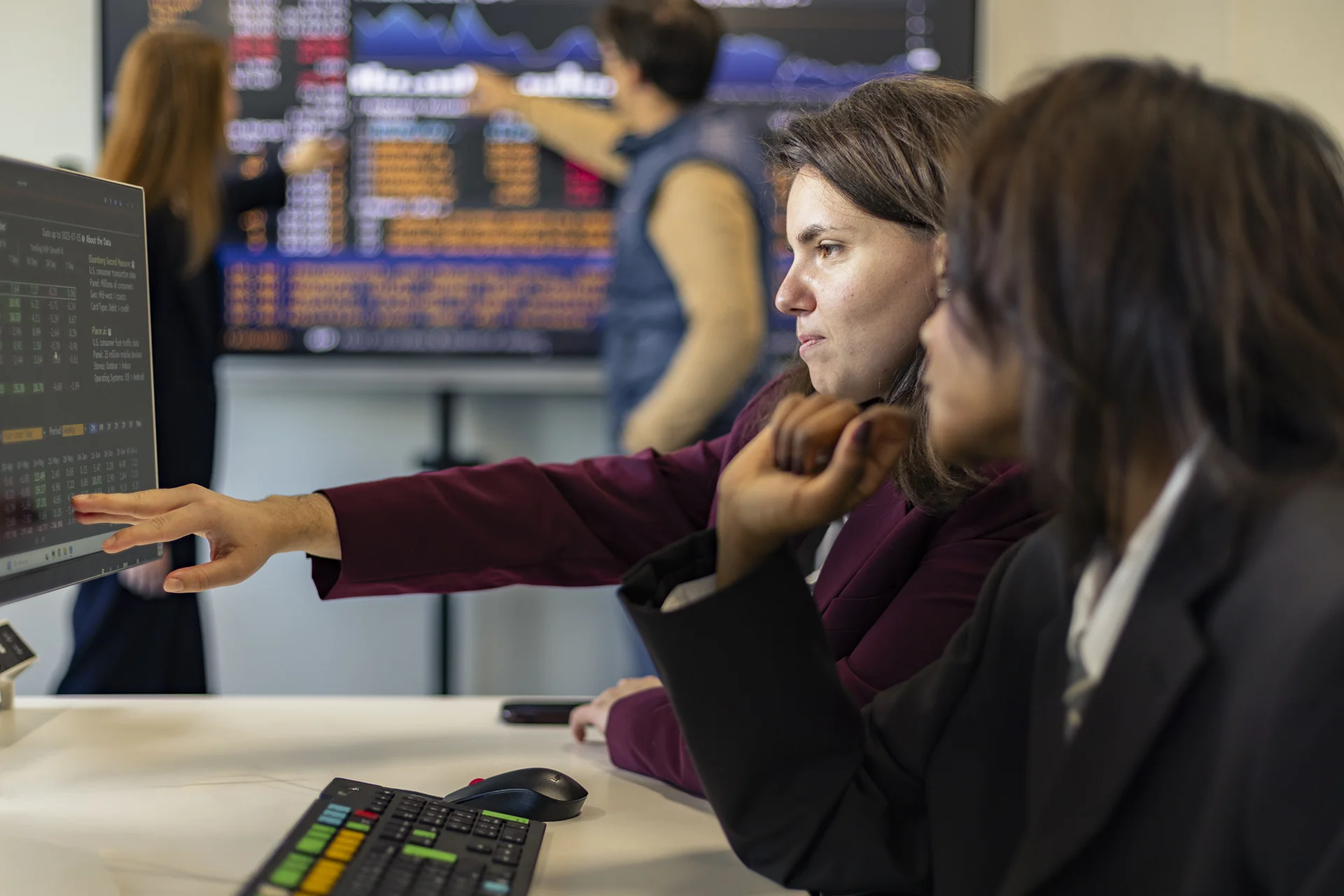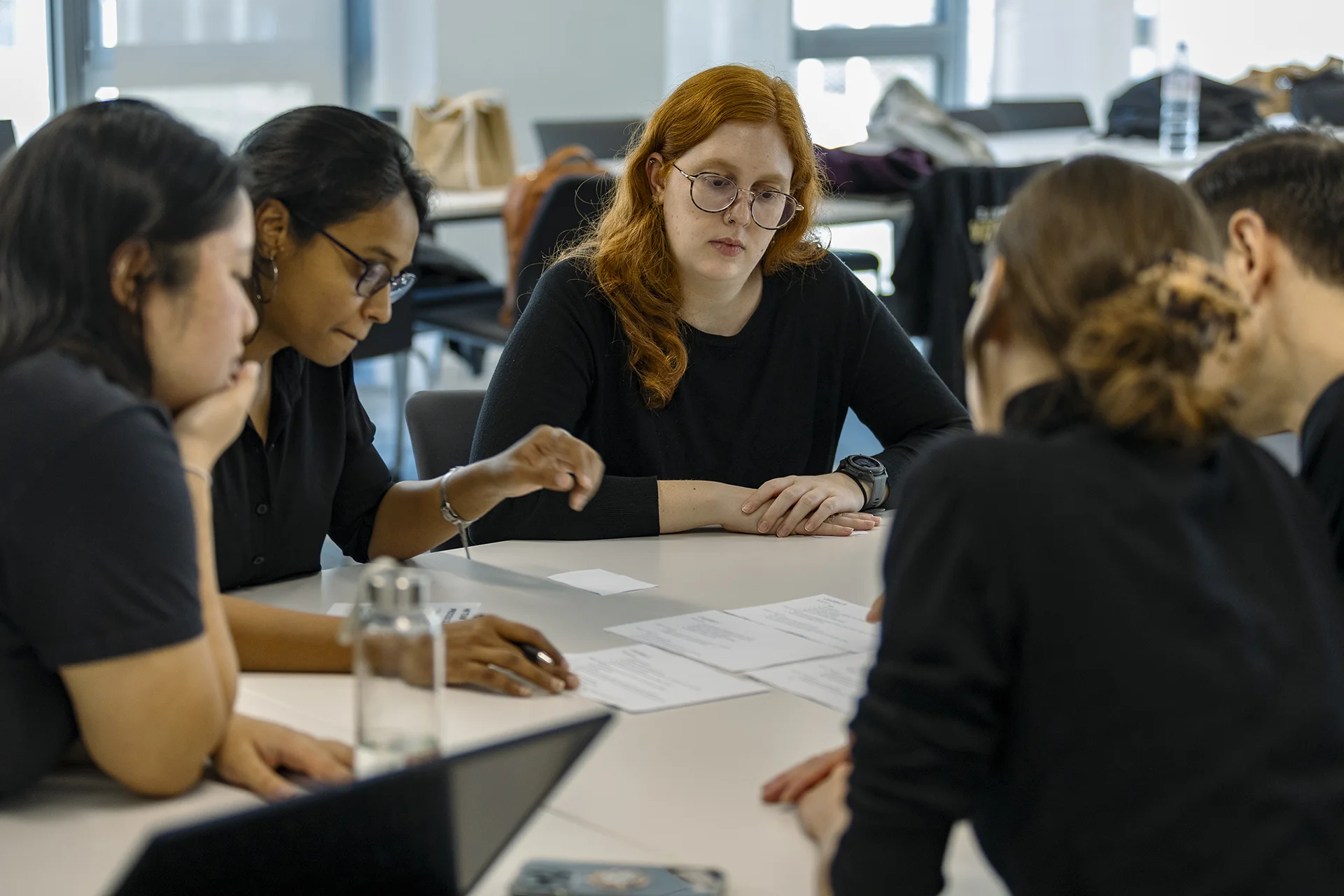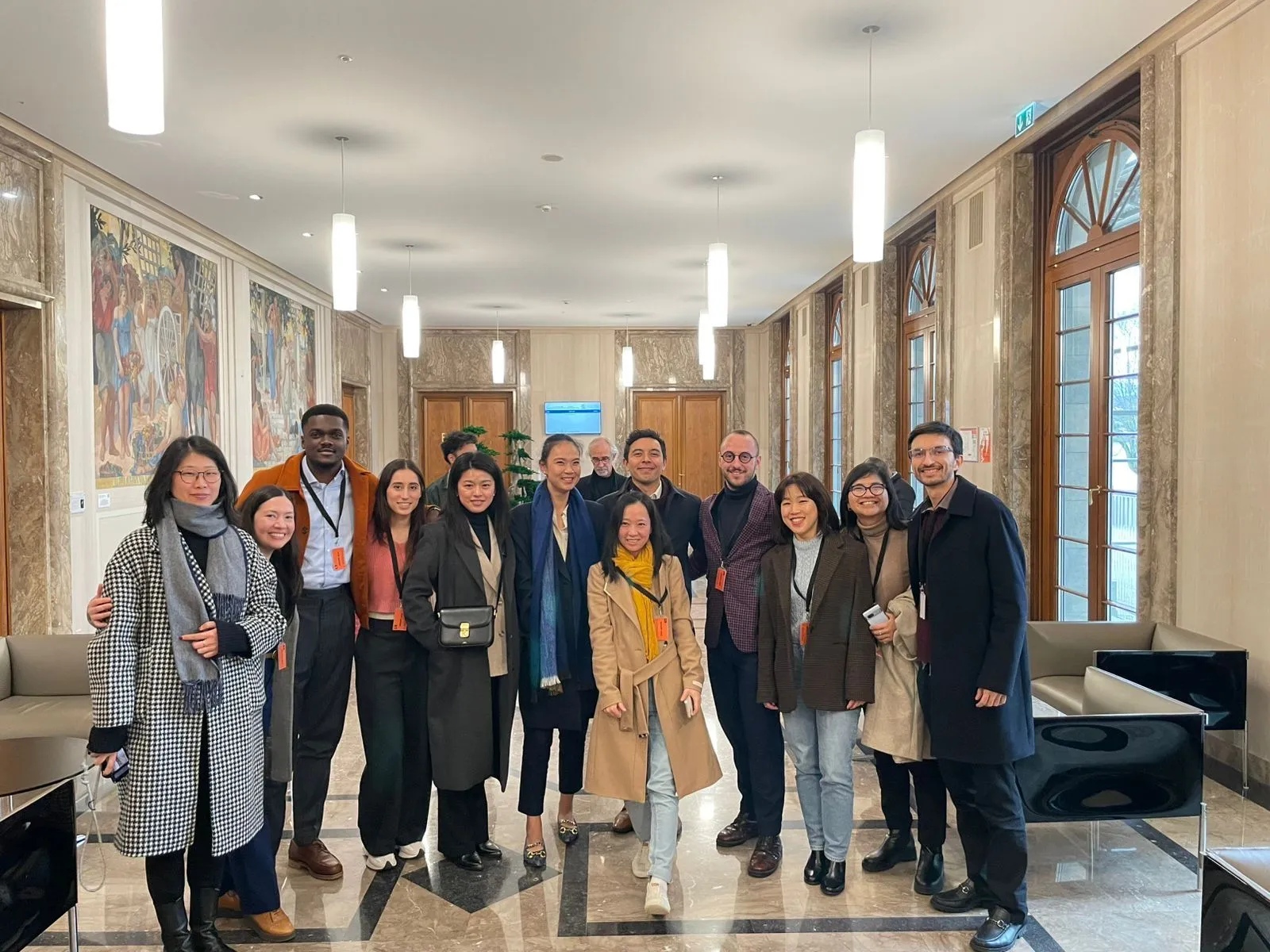
Newsroom
Résultats 755 newsrooms

Guides
Carbon Project Development Manager: Job Description

Guides
Energy Data Manager

Guides
Digital Marketing Manager: Complete Career Guide

Guides
Marketing Assistant: Complete Job Description

Guides
Ecological Transition Consultant: Career Guide, Salary & Skills

News
emlyon’s International MBA ranks 41st worldwide in the Financial Times 2026

Guides
AI Engineer (artificial intelligence engineer ) : job description an how to become one

Guides
Machine Learning or Deep Learning Engineer : job description

Testimonials
Balancing Parenthood and an MBA: Mun Ting’s Journey at emlyon
News